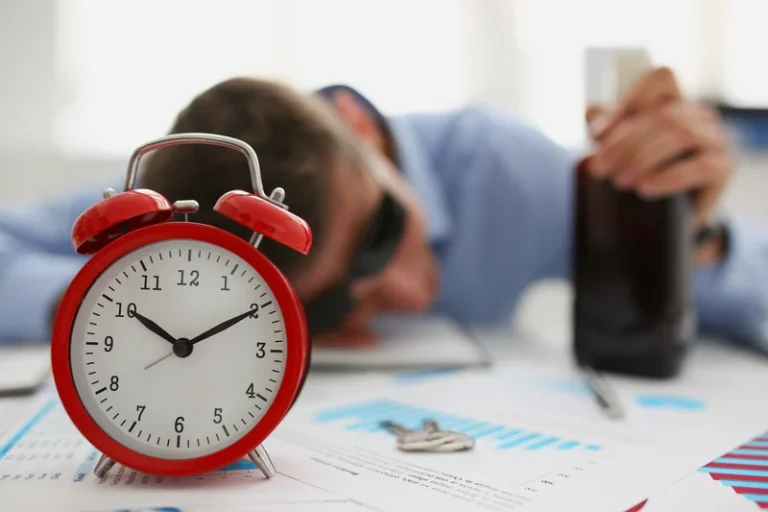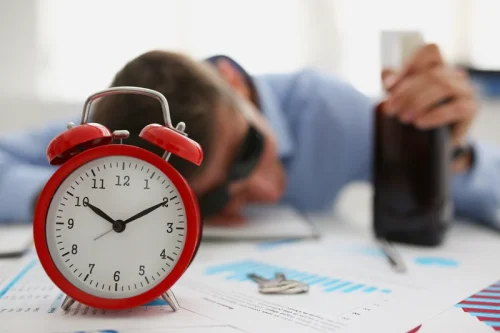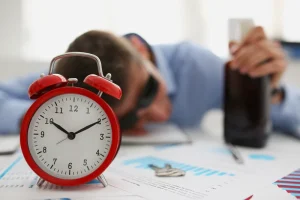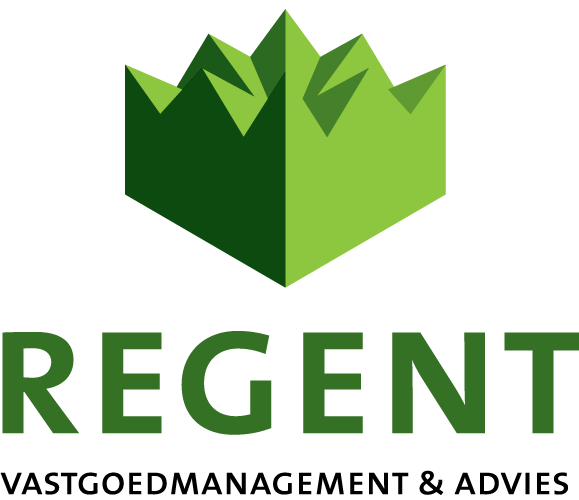Nutrition in Addiction Recovery: How to Help Your Body Heal

Magnesium is involved in numerous biochemical reactions, such as energy production and muscle function. Deficiencies in magnesium can cause muscle best vitamins for recovering drug addicts cramps, weakness, and fatigue. Another key vitamin that is often lacking is Vitamin D. Vitamin D, also known as the sunshine vitamin, is crucial for bone health and immune function.
- Using vitamins and supplements can help get you through the process of healing from opiate addiction.
- Healthy fats not only help you feel full, but they also aid them in the recovery of your cells while your body heals.
- A mineral essential to the healthy function of our bodies, magnesium contributes to strong bones, a healthy heart rhythm, and normal blood pressure as well as good brain health.
- Zinc is an essential mineral for mental health, especially if you struggle with chronic anxiety.
- Here’s how substances might have affected your nutrition and how you can begin to repair the damage.
SMART Recovery vs. A.A. – Is One Better?
Several vitamins have been found to be beneficial for overcoming addiction and withdrawal. These include B-complex vitamins, vitamin C, vitamin D, and vitamin E. B-complex vitamins help support brain function and reduce cravings, while vitamin C is known for its antioxidant properties and ability to reduce withdrawal symptoms. Vitamin D plays a role in mental health, and vitamin E has neuroprotective effects. Citicoline is an essential nutrient and the most bioavailable form of choline, another essential nutrient that works to maintain optimal mental health. Citicoline stimulates the brain’s production of acetylcholine and dopamine, two neurotransmitters essential for brain function and mental health.

Fort Worth Drug and Alcohol Addiction Treatment
It’s generally best to get the nutrients you need from whole foods. But if your diet is lacking or you have a vitamin deficiency, vitamin supplements may help. So if you find a supplement or treatment center that’s pushing vitamins or supplements to treat your opioid use disorder or symptoms of opioid withdrawal, you should know that these are unproven claims. Watch out for any company that’s making false claims about vitamins or supplements or that’s selling products with hidden drugs in them as dietary supplements. In the past, the FDA has warned companies about illegal claims that certain compounds sold as supplements treat opioid use disorder.
How Nutrition Helps With Recovery
Specifically, in your desire to lead a healthier life, you may wonder if there are vitamins you can take to help withopioid withdrawal. It will be hard to eat in the first few days of a drug or alcohol detox, but eat what you can. If you choose to take a multivitamin, you may find it easier to begin with a liquid form so your body can absorb it easily. Even though these foods are beneficial, it’s always best to consult with a healthcare professional before making significant changes to your diet, especially during recovery.
Complex Carbohydrates: Sustained Energy for Recovery
- If you have a deficiency or can’t meet your zinc needs through your diet alone, consider consulting a healthcare professional about supplements.
- Naturally occurring in tea as well as some types of mushrooms, this supplement can also help to improve cognitive function, especially when paired with low levels of caffeine.
- Yes, several vitamins and supplements can help with nervous system problems during recovery.
- Recovery takes time, but with great care, diligence, and dedication, anyone can overcome drug and alcohol addiction.
- One of the best ways we provide for our clients is through our healthy eating options and nutritional therapies.
Long-term alcohol and drug abuse breed more severe symptoms and related conditions, while short-term misuse has less serious side effects. Lastly, promoting overall well-being is a fundamental principle of nutritional support during recovery. Incorporating a well-rounded nutritional plan that includes the consumption of fruits, vegetables, whole grains, and lean proteins is essential. This approach ensures that the body receives the necessary nourishment to foster optimal well-being throughout the recovery journey. Furthermore, nutritional support plays a significant role in sustaining energy levels.

What to Know About Supplements

Also, eating smaller meals overall can help maintain metabolism at a steady line. When we do this, we manage hunger and blood sugar levels better to prevent those spikes that can cause cravings. Bodily side effects may include constipation, nausea, and vomiting. In turn, these symptoms may cause an opioid user to not eat enough or absorb certain nutrients, or to suffer an imbalance of electrolytes such as sodium, potassium, and chloride. Nausea can also cause eating difficulties, which can make many opioid abusers malnourished. When you think about addiction recovery, you might not think about vitamins.


These may range from depression, anxiety, sleep problems and fatigue to seizures, fever, and hallucinations. I’ve learned with time, and with the proper information and resources, people can snap out of their addiction cycle and be happy and calm with themselves without mind-altering drugs and habits. And high doses of vitamin C have been Substance abuse shown to increase endorphin levels, decrease opioid use, and reduce the withdrawal syndrome of heroin addicts (58). It might seem unbelievable but there is research demonstrating vitamin C’s usefulness in overcoming addiction and reducing withdrawal symptoms. In animals, zinc reduces the intensity of morphine dependence, and zinc chelators worsen withdrawal symptoms (76, 77, 78).
